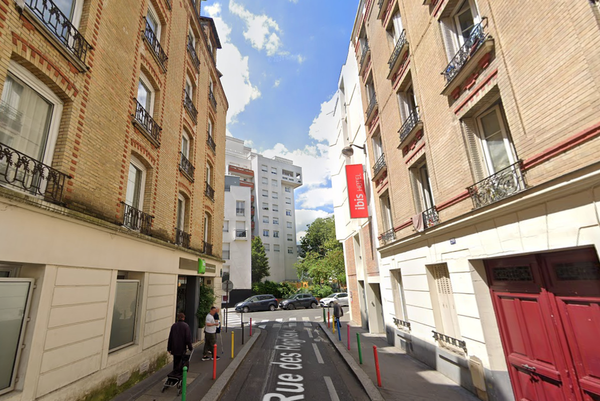With the cost of petrol still sky high and energy bills expected to go up even higher in the autumn every pound you can save makes a difference.
With parts of Wales having creaking public transport, having a car is essential for many people. However it is getting more and more expensive to fill up your vehicle at the pumps James Baker at Reg Car Check has put together a list of easily achievable things every driver can do to be more sustainable on the road and save yourself some money.
Read more: People in Wales are hugely sceptical about refusing to pay energy bills to protest price hikes
Lift and coast
It uses more energy to start up again after a full stop. If it’s possible, try and slow down early when you’re approaching a roundabout or a red light, so it’s less likely to have to stop completely. Lift your foot off the accelerator, and the car will continue rolling for a while and slow down, using less energy to break – this is the ‘lift and coast’ technique used by Formula 1 drivers.
Keep it clean
Diesel owners – keep your diesel particulate filter (DPF) clean. These have been fitted as standard in diesel cars since 2009, and they take out most, if not all, of the soot from your emissions. You can help to keep it in good working order by using the correct oils for your engine and making sure you change your oil in line with the service requirements - old oil may mean the DPF doesn’t reach the right temperate to function correctly. Also, consider using premium fuel as this burns more cleanly.
Go with the flow
Keep your car as aerodynamic as possible. Remove things like roof racks, storage boxes and bikes when they’re not being used to reduce the drag on the car, which will increase your fuel efficiency.
Remove unnecessary items from the boot to make it lighter and use less energy. Rolling the windows down may seem like the more energy-efficient thing to do in the summer, but on a motorway in particular it can seriously increase the drag and use more energy than just putting on the air con – just turn it off and open the windows when you get on to the smaller roads.
Keep up to date with traffic news
Plan your journey and keep up to date with traffic announcements. Even if you know the route, use sat nav to make sure you don’t hit congestion, to avoid sitting at a standstill and wasting fuel. If you can, set off early in the morning or late at night, when the roads are emptier.
Be shady
Make sure you park in the right places; in the shade in the summer and inside, if you can, in the winter. Nobody likes getting into a car that feels like an oven on a hot day, but this isn’t just for your comfort – parking in the shade will drastically reduce how much energy you’ll use to cool the car down, or warm the car up if you park inside in the winter. If you don’t have any choice but to park in the sun, invest in a silver windshield sunshade as this will reflect the rays and keep the car a little cooler.
Slow it down
Aside from it being the law, sticking to the speed limit is generally a more eco-friendly way to drive. This is especially the case on motorways, where driving at 80 mph could use up to 25% more fuel than maintaining a legal 70 mph. On some roads, the speed limit has been reduced to 50 mph to reduce emissions.
Drive less…
Of course, the biggest and most obvious way to drive more sustainably is simple - drive less. Make fewer unnecessary journeys. Carpool to work. Walk, cycle, use public transport. Leaving the car at home for just one day a week significantly impacts your personal carbon footprint, so imagine what could happen if every driver in Wales did the same...
Read more:
- Children grow up in poverty in the shadow of Wales' greatest wealth
- 'Inexplicable' Welsh Government scraps independent housing body
- Global heating: The terrifying fate of the planet and everyone who lives on it that is now 'irreversible'
- The massive amount of money about to be spent in Wales to try and tackle flooding caused by climate change
- Covid inquiry chair details how her detailed investigation into the pandemic will work







